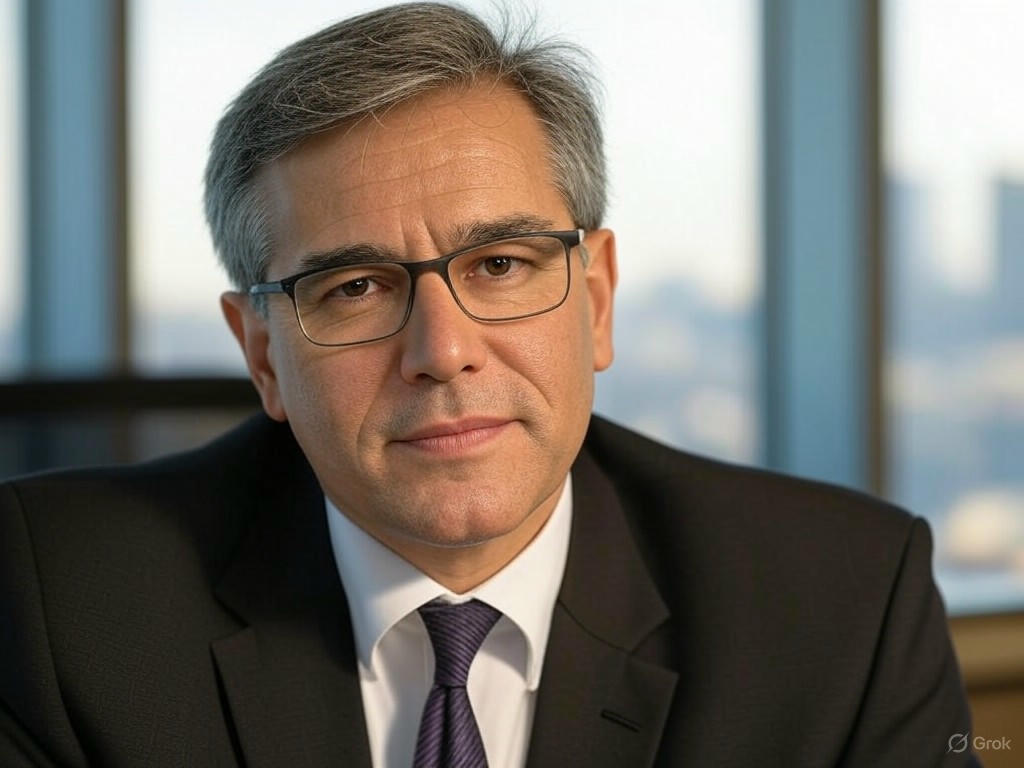Could Trump’s Tariff Strategy Be a Hidden Win for Global Trade?
In a surprising turn of events, a leading economist who once criticized tariff policies has suggested that former President Donald Trump might have devised a plan that could redefine global trade dynamics. Known for his vocal opposition to protectionist measures, this expert now speculates that a specific tariff approach could yield unexpected benefits, not just for the United States but for the international community as well. The idea, though unconventional, hints at a potential $400 billion in annual revenue for American taxpayers, a figure that has sparked both intrigue and skepticism in financial circles.
At the heart of this theory lies a delicate balance between imposing tariffs and fostering global cooperation. The economist posits that if tariffs are strategically applied—not as a blunt instrument of economic warfare but as a tool for negotiation—they could pressure other nations to lower their own trade barriers. This, in turn, might create a more open global market, benefiting exporters and consumers worldwide. The projected revenue, derived from carefully calibrated tariffs on specific imports, could bolster U.S. infrastructure, education, and healthcare without crippling international trade. It’s a high-stakes gamble, one that requires precise execution to avoid retaliatory measures or economic downturns. Critics, however, warn that missteps could ignite trade wars, a concern rooted in historical precedents where tariffs have backfired spectacularly.
What makes this perspective particularly compelling is the economist’s admission that such a strategy could mean Trump has outmaneuvered conventional economic wisdom. Rather than adhering to traditional free-trade doctrines, this approach flips the script, using tariffs as leverage to achieve broader market access. If successful, it could redefine how nations view trade policy, turning a once-divisive tool into a catalyst for mutual gain. Yet, the road to such an outcome is fraught with uncertainty. Global partners may resist, viewing the tariffs as coercive rather than collaborative. Domestic industries, too, might face short-term pain as markets adjust to new realities. The economist acknowledges these risks but argues that the potential payoff—a stronger U.S. economy paired with a more equitable global trade system—could be worth the challenge.
As this theory gains traction, policymakers and business leaders are left to ponder its implications. Could this be the dawn of a new era in economic strategy, where tariffs are no longer synonymous with isolationism but with calculated progress? Or is it a risky bet that could unravel decades of trade agreements? Only time will tell if this bold vision holds water. For now, the possibility of generating hundreds of billions in revenue while reshaping international commerce has ignited a debate that will likely dominate economic discussions for months to come. Whether Trump’s legacy will be remembered as a masterstroke or a miscalculation remains an open question, but one thing is clear: the conversation around tariffs has taken an unexpected, thought-provoking turn.


